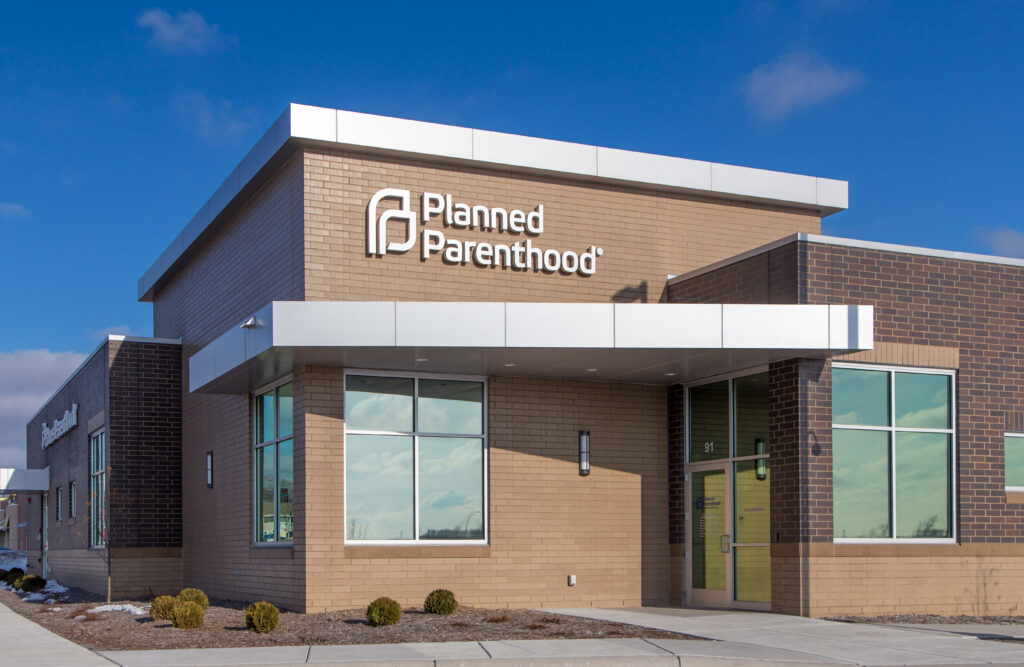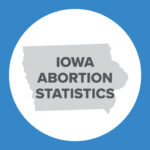Abortion Reporting: North Carolina (2020)
North Carolina’s 2020 abortion statistics were published online by the North Carolina Department of Health and Human Services in November 2021.
Changes in North Carolina Abortions, 2019-2020

*The change in total abortions and chemical abortions reflects abortions performed on North Carolina residents. The change in the abortion rate reflects all abortions reported in North Carolina, including nonresidents. The report does not include information on Planned Parenthood’s North Carolina abortion market share.
Abortion Totals and Trends
In 2020, there were 30,004 abortions reported in North Carolina, an increase of five percent from 2019. There were 25,058 abortions on North Carolina residents, up seven percent from the previous year (Fig. 1). Abortions on resident women made up 82 percent of all abortions reported in the state in 2020. Chemical abortions performed on state residents jumped by 38 percent, composing 59 percent of resident abortions. The Charlotte Lozier Institute (CLI) estimates that North Carolina’s abortion rate increased by five percent to 14.4 abortions per 1,000 women of childbearing age (Fig. 2). As of May 2022, 29 states had released 2020 abortion statistics, with 19 states reporting that abortions increased from 2019.
State Report Summary
The North Carolina report includes information on abortions performed on state residents both in North Carolina and in other states; it does not include information on abortions performed on nonresident women. In 2020, 1.5 percent of North Carolina resident abortions were performed out-of-state, and 98.5 percent were performed in North Carolina.
Eight percent of North Carolina resident abortions were obtained by girls under the age of 20. Twenty-seven percent were on women in their early twenties, and 29 percent were obtained by women in their later twenties. A fifth were on women ages 30 to 34, and 13 percent were performed on women ages 35 and older. Age was not reported for three percent of the abortions.
Non-Hispanic black women composed the largest group of North Carolina residents undergoing abortions, making up 49 percent of the total even though non-Hispanic black women make up just 24 percent of North Carolina’s overall population of women of childbearing age. Twenty-eight percent of the abortions were on non-Hispanic white women, and one percent were on American Indian women. Three percent of North Carolina resident abortions were obtained by women of other races, and four percent were on women of multiple races. Thirteen percent of the abortions were performed on Hispanic women. Race was not reported for two percent of the abortions.
Over half the abortions (59 percent) were obtained by women with 13 years of education or more. Twenty-nine percent of the abortions were performed on women with 12 years of education, and eight percent were on women with fewer than 12 years of education. Seventy-nine percent of the abortions were on unmarried women, while 14 percent were on married women and seven percent on women of unknown marital status.
Over a third of North Carolina resident abortions (34 percent) were performed on women with no living children. Twenty-six percent were on women with one child, and 38 percent were obtained by women with two or more children. Half the abortions were on women with no previous abortions, compared to 23 percent on women with one abortion and 16 percent on women with two or more prior abortions. The number of living children was not reported for one percent of the women getting abortions, and the number of previous abortions was not reported for 11 percent.
The majority of North Carolina resident abortions (69 percent) occurred at eight weeks of gestation or earlier. Nineteen percent were performed between nine and 12 weeks of gestation, while four percent were reported between 13 and 15 weeks. Three percent of the abortions occurred between 16 and 20 weeks, with 668 abortions performed in North Carolina and 12 abortions performed in other states. There were 48 abortions at 21 weeks of gestation or later. Thirty of these were performed in North Carolina, and 18 abortions occurred in other states. Gestational age was not reported for five percent of the abortions.
Chemical abortions composed well over half of the North Carolina resident total (59 percent). Thirty-seven percent were curettage procedures, while 10 abortions were performed using hysterectomy or hysterotomy. There was one intrauterine instillation abortion. The type of procedure was not reported for three percent of the abortions.
Late-Term Abortion
For years, North Carolina limited abortion at 20 weeks of gestation, although the state asserted that the law had never been enforced and that no one had ever been prosecuted for violating it. In 2018, the North Carolina legislature tightened the exceptions to the 20-week law, and abortion advocates sued. A district court blocked the law in 2019, and in 2021 the 4th U.S. Circuit Court of Appeals upheld the district court’s decision.
Possibly as a result of these court rulings, late-term abortions on North Carolina residents have increased in recent years. In 2018, there was one abortion at 21 weeks or later performed on a state resident in North Carolina. This rose to eight in 2019 and 30 in 2020.
The total number of late-term abortions performed in North Carolina was likely even higher, because abortions performed on nonresidents are not included in the report. In its 2019 abortion report, North Carolina reported that there were eight North Carolina resident abortions at or after 21 weeks performed in the state. The state subsequently reported to the Centers for Disease Control that in 2019, there was a total of 15 abortions at 21 weeks or later performed on both residents and nonresidents.
State Ranking
In a CLI study ranking abortion reporting across the country, North Carolina was ranked at 29th best. North Carolina could improve its reporting by including information for all abortions occurring in the state, not just those performed on state residents. North Carolina could also identify the states that do or do not share data on North Carolina residents who travel out-of-state for abortions. With the rapid increase in chemical abortions, which have higher rates of complications and emergency room visits than surgical abortions, North Carolina could collect and report complication data from abortion centers and healthcare providers, including emergency rooms.


- The abortion report cautions that abortions were underreported 2011-2014.
- Rates were calculated by CLI using the following formula: (total number of abortions performed in North Carolina ÷ number of resident women ages 15-44) x 1,000. Rates may differ slightly from previous CLI articles due to revised population estimates. Population estimates were obtained from CDC WONDER.
Percentages may not add to 100% due to rounding.

























